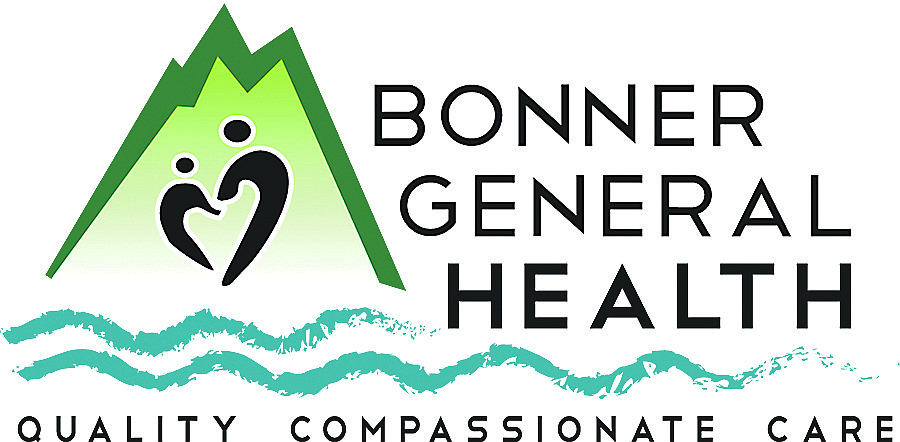What you should know about inherited heart diseases
It may come as a surprise to you, but today's article won't tell you to watch your diet, stop smoking, or get more exercise even though it is about heart health. Just like you inherited your father's eye color and your mother's nose, there's a possibility that you inherited something more serious.
"When it comes to heart disease, we tend to assume that lifestyle habits are the cause," Penn Medicine's website (www.pennmedicine.org) says. "And while this is sometimes the case, there are other times when it may be genetic, passed down from parents to children."
If you have a parent or sibling with heart disease, it's important for you to get a family health history from them to share with your primary care provider. It's important because some of the common inherent heart diseases have few, if any, symptoms before they become serious.
Penn describes three common inherent heart diseases: familial hypertrophic cardiomyopathy, familial dilated cardiomyopathy, and familial hypercholesterolemia. Notice the word "familial" in each title.
Familial hypertrophic cardiomyopathy (HCM) can affect people at any age. "This disease can thicken part or all of the heart muscle," Penn explains. "The thickening often happens in the interventricular septum — the wall that separates the left and right ventricles (the two lower chambers of the heart). This can prevent proper blood flow from the heart and force the heart to pump harder than it should."
HCM may not cause you any symptoms. Or your symptoms may differ from your family member. This difference can be dangerous because you might not think they're related to heart disease.
For instance, the American Heart Association website tells a story about an 11-year-old boy who fainted while playing hockey. At first, it was attributed to him not drinking enough fluids. However, a few weeks later, he passed out again, this time for over three minutes. That took him to the emergency department, where an abnormal electrocardiogram sent him to a cardiologist.
When undergoing genetic testing, both of his parents were found to have a genetic marker for the risk of HCM. Fortunately, getting medical help early on prevented the disease from progressing or causing complications.
Familial dilated cardiomyopathy (FCD) is the opposite of HCM. In this disease, the heart muscle becomes thin and weak.
"This disease can affect both sides of the heart," Penn says. "As the muscle stretches, the affected chamber becomes enlarged, making blood pump less efficiently. This can lead to heart failure — a condition where the heart can't pump blood to keep up with the needs of the body."
Symptoms, if they occur, include irregular heartbeat, fatigue, shortness of breath, fainting, or swelling of the abdomen and legs.
"If you have one or more relatives who have been diagnosed with FCD without a known cause, or if you have a first-degree relative who died inexplicably and suddenly before the age of 35, you are at higher risk and should talk to your physician about undergoing screening for this condition," Penn says.
And finally, we'll talk about familial hypercholesterolemia (FH). We all know what cholesterol is, right? It's something our body needs. But too much, particularly low-density lipoproteins (LDL, bad cholesterol), can narrow your arteries. This can either partially or completely block blood flow, causing coronary heart disease. If left untreated, you can suffer a heart attack or stroke.
"If you have familial hypercholesterolemia, your LDL is above 190 milligrams per deciliter (mg/dL). If your high cholesterol is caused by genetics, symptoms can begin at a very young age. Some people have a heart attack as early as 20 years of age," Penn says. Unfortunately, they say the role of genetics in high cholesterol is often overlooked.
According to Kidshealth.org, all children should have their cholesterol checked between nine and eleven years old and again between 17 and 21. "Kids over two years old should be tested if they have a parent or other close relative with a total cholesterol higher than 240 mg/dL."
The AMA recommends everyone over 20 undergo cholesterol checks every four to six years. People with heart disease, those taking cholesterol-lowering medicines, or those with other risk factors may need screening more often.
Kathy Hubbard is a member of the Bonner General Health Foundation Advisory Council. She can be reached at kathyleehubbard@yahoo.com. If you have an idea for an article, email me.



